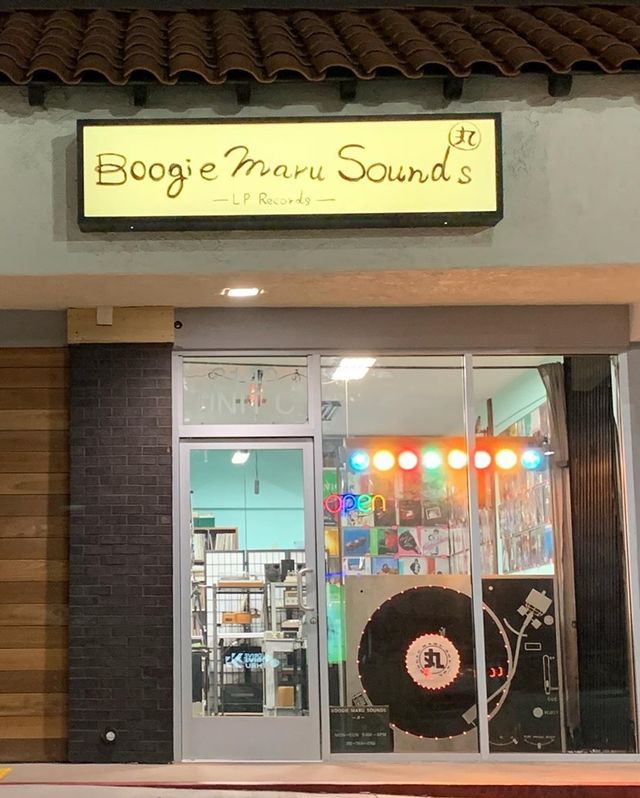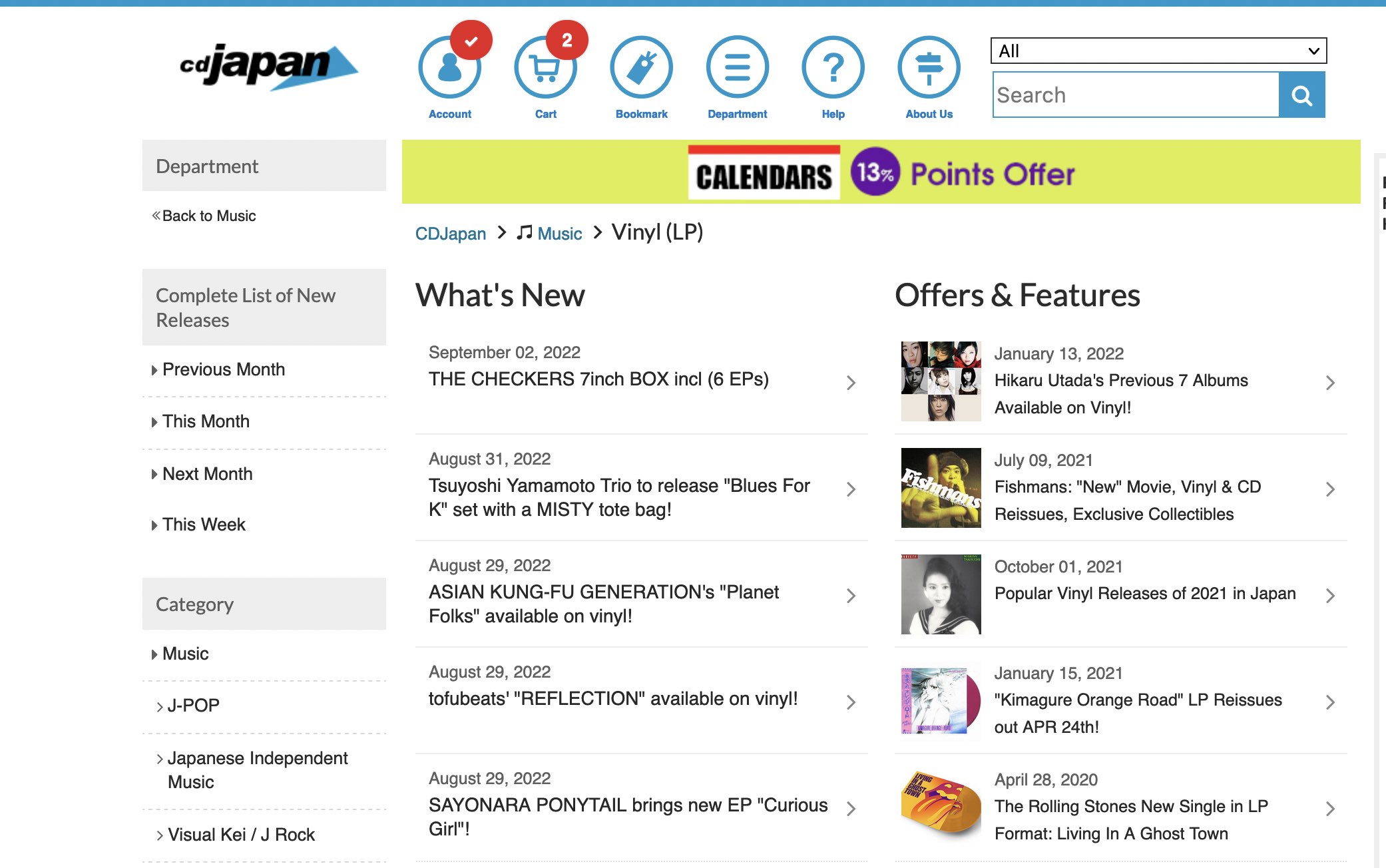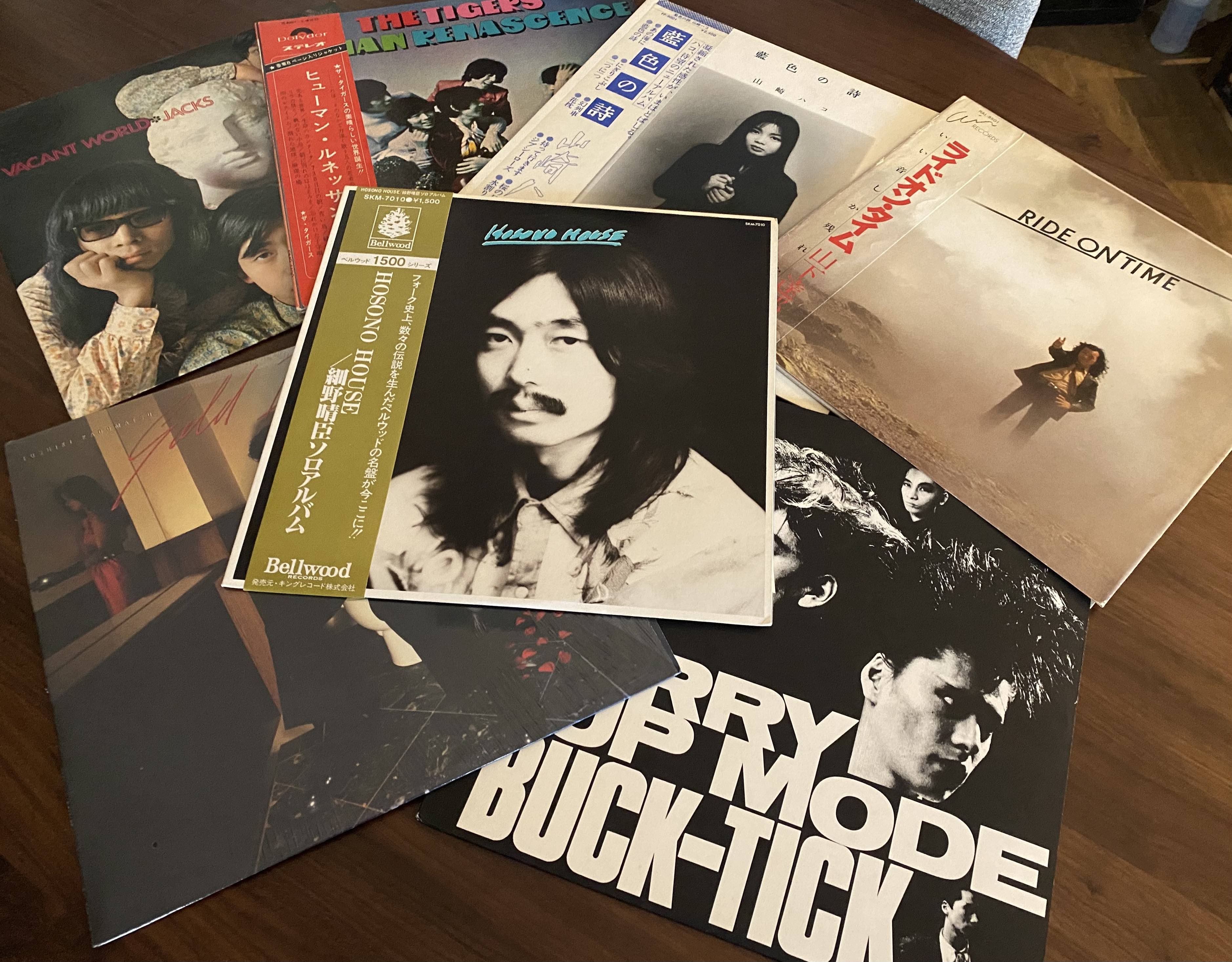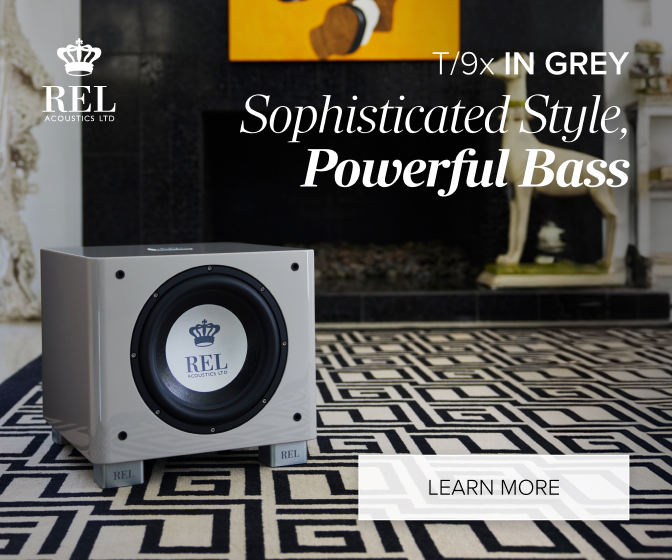A Guide to Collecting Japanese Imports
the secret grooves of the rising sun have never been so accessible
Readers on this website might be most familiar with me for my classical music reviews, but the breadth of music I enjoy and collect spans far beyond the purview of Bartok and Brahms. Japanese popular music has long been one of my particular interests. I tracked down my first Dir en grey CDs way back in middle school, and since that time over the last 15 or so years, I’ve been steadily importing physical media from the land of the rising sun. My journey has been long and varied, but the good news is that thanks to the internet, it has never been easier to explore the formerly rare and obscure backroads of Japanese LPs, singles, and CDs once impossible to get in the US.
Most record collectors know about Japanese pressings of course, primarily for their high quality vinyl formula and excellent packaging. The actual sound quality of Japanese pressings of western rock and pop do vary greatly, as our editor Michael Fremer has often pointed out. Some of these Japanese pressings were done from metal parts shipped over from the US or UK, but many were done from lower quality tape dubs. Even worse, many Japanese pressed reissues in the 1980s were cut with an 8-bit digital delay! The point being: the sound quality on Japanese pressings of western music varies a great deal, but a lot of those variables go away when you instead focus on Japanese domestic market music, which I have found to be often produced and mastered with across the board excellence, especially the large budget productions of the late 70s and 80s when the country was in its economic boom. Anyone who says Japanese listeners favor bright recordings with no bass, has clearly never listened to a first pressing of a record by the likes of Tatsuro Yamashita, Anri, or Dip in the Pool. But I digress, this article is not about what records to buy, but rather how to buy them!
Whether your interest is in traditional Japanese classical music, Enka, the rare acid-psych of the 60s and 70s, the classic “city pop” taking over the internet, or even modern independent Japanese bands, you live in a lucky time to be collecting. Formerly, to get any of these records, you either had to have family or close friends in Japan willing to do your shopping for you, or you had to physically go there. Not to say either of those options are completely invalid, many people still make record-buying trips to Japan to this day (and likewise, many from Japan make record buying trips to the US!), but there are less intensive options out there now.
Everyone here knows Discogs, it has become the record collector’s go-to for hunting down specific pressings, and it’s become a much larger marketplace of international vinyl transactions than eBay, which has remained highly country-localized. There are hundreds if not thousands of Japanese sellers on Discogs more than happy to ship worldwide. The trick is, to identify the experienced shops. Lots of large record stores in Japan will have a large presence on Discogs, go for the sellers with lots of feedback, large selections, and very clear shipping policies and options. These experienced sellers pack well, and grade with extreme prejudice. Most of the time anything marked VG+ or above will show up flawless with these large meticulous sellers. Now the famous Tower Records in Tokyo might not have a Discogs presence, but plenty of other prominent stores do. One in particular, Face Records, not only lists thousands of records for sale worldwide, but they have even opened a Brooklyn, NY-based subsidiary store, selling both in store and online. Face Records NYC
Face Records NYC
The phenomenon of specialty Japanese music stores is not particularly new to America, there has always been a cluster of primarily CD-based shops in cities like NYC or Los Angeles (Book Off in Manhattan was often a frequent stop for me during my undergraduate days), but for vinyl records? Not that I’m aware. There are now more US-based sellers of Japanese music on vinyl than ever before, propelled primarily by the rise of young City Pop (70s and 80s Japanese Soul/Funk associated with its economic rise and rapid urbanization) collectors. One particular seller in San Francisco, Peter Arko of Ears of the Beholder, has built a highly popular online shop selling rare 70s and 80s Japanese records. Ears of the Beholder does not maintain a physical store, but rather does weekly “drops” online, although Arko does often participate in “pop-up shops” in the Bay Area.
Peter Arko of Ears of the beholder
Downstate in Los Angeles, a small hole-in-the-wall shop in Torrance called Boogie Maru Sounds has opened, selling an assortment of Japanese music from the 50s-80s, as well as Jazz, Blues, and an impressive collection of interesting vintage hifi, including many restored Thorens tables, vintage tube amps, and a very imposing pair of JBL L200’s. I find myself in Los Angeles often nowadays, and I can only describe this store as “Dangerous”, my most recent visit yielding me a copy of Akiko Yano’s 1976 debut album Japanese Girl (some call her the Japanese Kate Bush) and a rare 12” single of Toshiki Kadomatsu’s Do You Wanna Dance, both from the well-stocked selection of “wall records”.
 Boogie Maru Sounds
Boogie Maru Sounds
I’m sure there are more brick-and mortar retailers stateside that I’m not aware of, but the real plethora of records out there goes far beyond a few select stores clustered in coastal US cities. There are of course some stores based in Japan that sell second hand through their own online storefront, one reliable site I have used in the past is recordcity.jp, which operates a very easy to use English language website offering lightning fast DHL shipping to the US. Unlike the US-based shops that charge a premium due to their imported stock, Japanese sellers like recordcity.jp are based around domestic Japanese pricing, and carry a much wider variety of music rather than simply catering to the niche interests of American buyers. I purchased from their online shop much of my 70s folk-rock records by the likes of Nobuyasu Okabayashi, Hako Yamasaki, and Mikami Kan. Shipping can be a big hit, but if you are buying multiple records, it usually ends up being a cheaper option than US-based sellers. I have no doubt that more such online shops exist, but they can often be tricky to discover.
Finally there’s the option for the most neurotic of vinyl hunters: proxy buying services. In Japan, many sales of collectibles, be they music, movies, or memorabilia, takes place on private, domestic-only marketplaces. Much like Americans use Ebay and other online second hand websites populated by individual private sellers, Japan has sites like Mercari, Yahoo! Japan Shopping, Rakuten, and others. These sites often do not have English language options, and almost no seller will ship out of Japan. This dilemma often haunted foreign collectors of rare Japanese goods. Not wanting to miss out on foreign interest in Japanese goods, many websites have cropped up offering “proxy buying services”. A proxy service operates a bit like a broker, you instruct the service to buy your item or items, the seller ships the items to the proxy in Japan, and then the proxy ships the items to you. Often you can order multiple items from multiple sellers through these proxies, and once they arrive at the warehouse, the proxy service can repack everything into a single package to reduce the shipping costs. These services have gotten hugely popular and there are too many of them to name. One I find incredibly useful is Buyee.jp. Through Buyee, you can search for vinyl records and other collectables on a number of Japanese private selling sites. You do have to be careful though, as these are essentially private sellers who do not traffic in high volume, their LP grading is going to be incredibly varied. Still Buyee has proved to be a great resource for finding rare records that often elude Discogs, Ebay, or even shops like RecordCity. Using Buyee to search Mercari I was able to track down a rare LP pressing of Buck-Tick’s 1989 album Taboo (Invitation – BT-2) that rarely comes up for sale on more traditional sites.
What about new vinyl? Well while Japan is still far behind on the vinyl resurgence the rest of the world seems to be enjoying, the good news is that the country is still producing vinyl records of domestic artists, both new and reissued. One of the best vinyl series to come out of Japan recently has been Sony’s “Great Tracks” label, reissuing excellent records from 70s and 80s Japanese artists like Minako Yoshida, Yellow Magic Orchestra, and Taeko Ohnuki. These records are mastered digitally in Japan, cut by Bernie Grundman in Los Angeles, and pressed at QRP, then shipped all the way back to Japan for domestic distribution. So where can you buy reissues like these? Well for the longest time, CDJapan.co.jp has been the go-to place for foreigners to buy new domestic Japanese music, and in the last few years their once small vinyl section has grown immensely. They still are one of the most reliable places to get these new releases at non-inflated prices (they even offer a proxy service for some out of print albums). Another option that has recently come about is Amazon.co.jp, which actually does facilitate users and buyers from outside Japan. Now, the downside of using Amazon Japan from outside the country is that most private sellers on their marketplace will not ship to you, but almost everything they sell directly is available to overseas buyers, and this makes it another great option to preorder and scout new releases. CD Japan
CD Japan
These sites and stores are by no means comprehensive, the Internet has unleashed an entire new world of crate digging commerce that I still have not completely charted, but my goal was to give you all a basic introduction into how to start exploring records from the land of the rising sun. If there are other online sites and other brick and mortar stores I left out, feel free to spread the word in the comments. I’ll be sure to read them while spinning my 1979 Bellwood reissue (SKM-7010) of Hosono House.







































.png)








